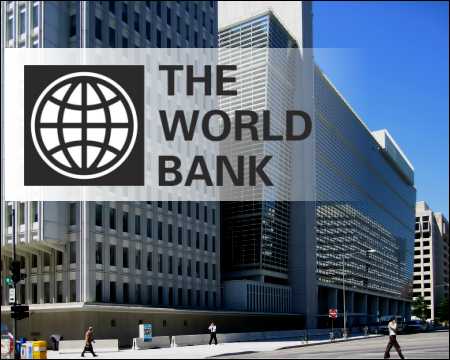The World Bank Group on Thursday projected that hiking excise duty on tobacco and alcohol as recommended in its latest National Development Update report can increase Nigeria’s non-oil revenue by N600 billion yearly.
A Senior Tax Specialist of the Breton Woods institution, Mr. Rajul Awasthi, made the forecast during a virtual discussion on domestic revenue mobilization for the country.
The tax professional pointed out that Nigeria had one of the lowest excise duty rate on tobacco and alcohol in Africa, stressing that country’s excise duty rate on cigarettes is lower than the standard set by the Economic Community of West African States (ECOWAS) for the product.
Awasthi therefore urged the Nigerian fiscal authorities to either adopt the excise standards for tobacco and alcohol recommended by the ECOWAS to boost the country’s revenue from tax.
According to him, complying with the sub-regional economic body’s recommendations on tobacco tax increase will not impact the majority of the population or low income earners but enhance the ease of tax compliance monitoring.
He expatiated: “On excise, what we see is that Nigeria has one of the lowest excise rates on alcohol and cigarettes, on cigarettes, they are even lower on the ECOWAS target.
“ So if Nigeria were to adopt the same rate of excise duty that Kenya has adopted, they can raise significant amount of revenue. Similarly, if they are to adopt EOWAS, standard, that will also raise the revue significantly, what is more important is that this two sources will not impinge on consumption growth, in fact these harm goods, so taxing them is actually good from the health perspective.
“Excises on tobacco and alcohol, do not impact the vast majority of people and compliance can be monitored much more easily by the compliance agencies. If the measures outlined in our report are implemented, these excise duty on tobacco and alcohol can raise more that 600bn naira a year”, the tax expert added.
Awasthi also advised the Nigerian government to adopt tax policies that do not discourage investments, job creation and sustainable growth of the economy as a fiscal option for boosting the country’s non-oil revenue collection.






